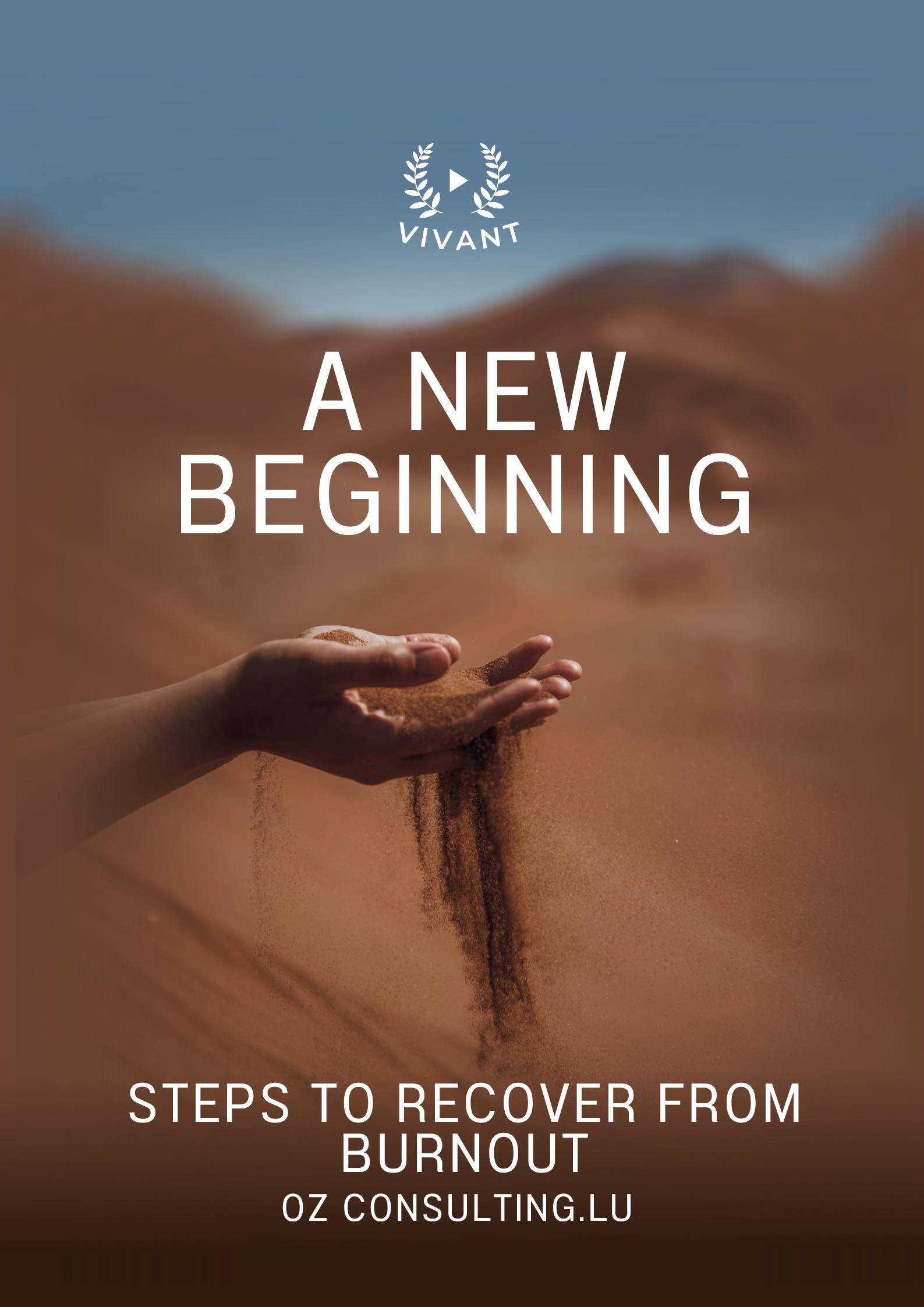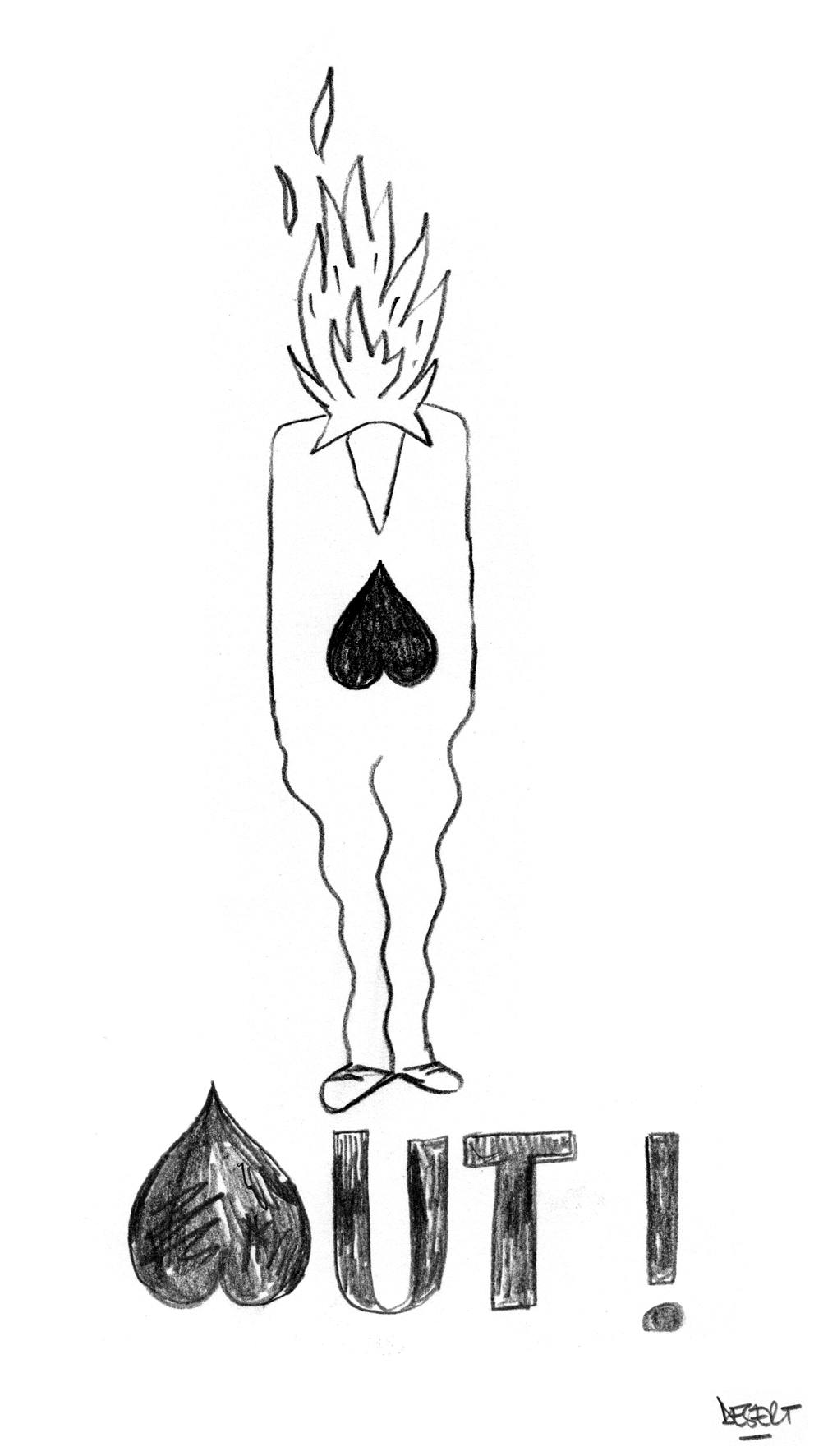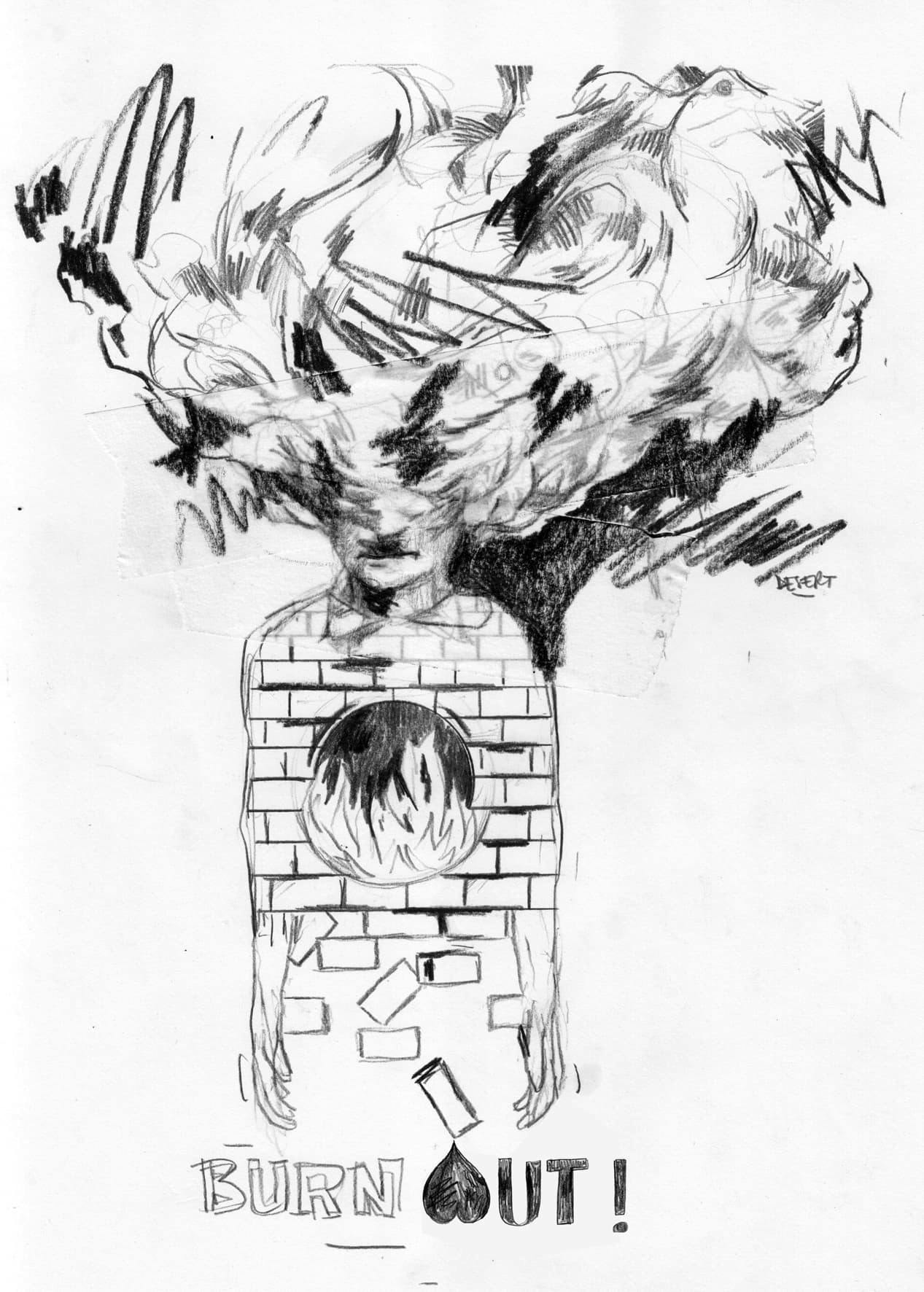
Rethink Culture to Drive Successful Transformations
Rethink Culture to Drive Successful Transformations
December 2025



May 2025

We know that burnout, at an advanced stage, results in a physical and psychological state that is incompatible with work.
Burnout is not only a crisis of exhaustion: it is also an opportunity for a turning point in life. It forces us to redefine ourselves, to question certain values and to give a central place to our health, our loved ones and our personal balance.
Have you ever wondered:

I am inspired here by the work of Diane Bernier, a pioneer on the subject of burnout. She has experienced burnout in her flesh and has put her experience at the service of supporting other people for about thirty years.
His research shows that recovering from burnout is more than just "resting and then going back to the way we were before." Rather, it implies a profound transformation of the relationship to work and to oneself.
Sources: Diane Bernier 2017, rééd. Supporting without exhaustion: prevention of burnout in helping relationships.
Diane Bernier considers burnout to be a crisis of values and identity and proposes a specific approach to prevention and reconstruction.
The duration of each stage is not determined because it varies from person to person. Consider that all of the steps below take at least several months.
It identifies six key steps:
The steps presented below provide a general framework, but they should always be supplemented by individualized support from a therapist.
Don't stay alone, talk about it confidentially.

It is always difficult to be confronted with the burnout of a loved one, a colleague or a member of one's family. We often feel helpless: what to say, what to do, how to support without rushing? The desire to help is there, but there is a great risk of feeling powerless or wanting to go too fast.
Common pitfalls for those around you are, for example, the desire to "save" at all costs, to give unsolicited advice, or to minimize suffering. This can unintentionally interfere with the healing process.
Here are some tips and reflections on how to best support a person with burnout, with respect, patience and kindness.

Continue the reflection with the conclusion of this series of 7 articles which invites us to a more human future.
The quality of presence is an essential response to the suffering of others. We can neither take nor truly understand the pain of the other: at best, we can imagine it in an imperfect way. That's why the real gift, in these moments, is simply to be there. To be present, without seeking to save or reassure at all costs, but with humility and authenticity. As Anne Dufourmantelle wrote in In Praise of Risk, "welcoming our limits is already an act".
This presence translates into small, accurate and adjusted gestures: listening in silence, observing, offering a glass of water, staying or withdrawing according to the needs of the other. It is based on attention more than on speeches, on sincerity rather than on performance. Even if you can do "very little", it is by doing this little as well as possible that you really become useful. The quality of presence is thus an act of openness, honesty and respect, which gives meaning to therapeutic and human support.
Support through individual coaching
Participation in the training "Connecting to the best of oneself and others"

Did you like this article?

Rethink Culture to Drive Successful Transformations
December 2025


Burnout is rising worldwide. From Gallup to McKinsey, discover what the data — and the lack of it in Luxembourg — really reveals about workplace stress.
May 2025


Beyond the numbers: definition of burnout, symptoms vs. boreout, and lived experiences to spot risks early and avoid collapse.
May 2025
